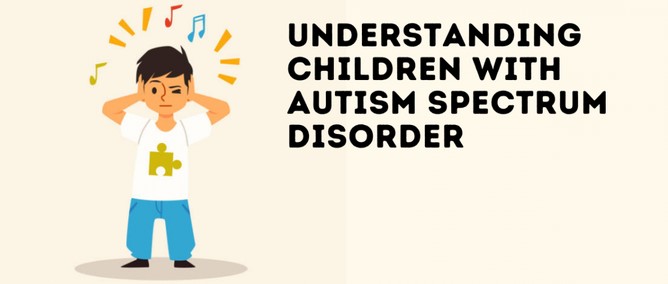
Autism Spectrum Disorders (ASD) are a group of complex neurodevelopmental disorders that can affect a person’s ability to communicate, interact, and behave. Diagnosing ASD can be difficult, as there is no single test that can definitively diagnose the disorder. Instead, a variety of tests and assessments are used to evaluate a person’s behavior and development. These tests can help identify the presence of ASD and provide information about the individual’s strengths and weaknesses. In this article, we will discuss the different types of autism tests and assessments that are available.
Exploring the Different Types of Autism Tests: What to Expect During an Assessment
Autism is a complex neurological disorder that affects the way a person communicates, interacts, and behaves. As such, it is important to accurately diagnose autism in order to provide the best possible treatment and support. To do this, a variety of tests and assessments are used to evaluate a person’s behavior and development.
When it comes to autism tests, there is no single test that can definitively diagnose autism. Instead, a variety of tests and assessments are used to evaluate a person’s behavior and development. These tests can include physical exams, developmental assessments, and psychological evaluations.
Physical exams are used to rule out any physical conditions that may be causing the symptoms of autism. During a physical exam, a doctor will check the patient’s reflexes, muscle tone, and coordination. They may also order blood tests to check for any underlying medical conditions.
Developmental assessments are used to evaluate a person’s cognitive, language, and social skills. These assessments may include tests of language, memory, problem-solving, and other cognitive abilities. They may also include tests of social skills, such as the ability to interact with others and follow directions.
Psychological evaluations are used to assess a person’s behavior and emotional functioning. These evaluations may include interviews with the patient and their family, as well as tests of behavior and emotion.
When it comes to autism tests, it is important to remember that no single test can definitively diagnose autism. Instead, a variety of tests and assessments are used to evaluate a person’s behavior and development. These tests can help to provide a more complete picture of the individual and can help to determine the best course of treatment and support.
Comparing the Pros and Cons of Different Types of Autism Tests: Which is Right for Your Child?
When it comes to diagnosing autism in children, there are a variety of tests available. Each type of test has its own pros and cons, so it’s important to understand the differences between them in order to make the best decision for your child. Here, we’ll discuss the different types of autism tests and their respective pros and cons, so you can make an informed decision about which test is right for your child.
The first type of autism test is the Autism Diagnostic Observation Schedule (ADOS). This test is designed to assess social interaction, communication, and behavior in children. It is often used to diagnose autism in children as young as 18 months old. The main advantage of the ADOS is that it is highly reliable and can provide a diagnosis in a relatively short amount of time. However, it can be expensive and time-consuming to administer.
The second type of autism test is the Autism Diagnostic Interview-Revised (ADI-R). This test is designed to assess communication, social interaction, and behavior in children. It is often used to diagnose autism in children as young as 3 years old. The main advantage of the ADI-R is that it is highly reliable and can provide a diagnosis in a relatively short amount of time. However, it can be expensive and time-consuming to administer.
The third type of autism test is the Childhood Autism Rating Scale (CARS). This test is designed to assess communication, social interaction, and behavior in children. It is often used to diagnose autism in children as young as 3 years old. The main advantage of the CARS is that it is relatively inexpensive and can provide a diagnosis in a relatively short amount of time. However, it is not as reliable as the ADOS or ADI-R and may not be as accurate in diagnosing autism in younger children.
Ultimately, the type of autism test that is right for your child will depend on their age, the accuracy of the test, and the cost. It is important to discuss the different types of tests with your child’s doctor in order to make the best decision for your child. With the right information, you can make an informed decision about which test is right for your child.In conclusion, autism tests and assessments are important tools for diagnosing autism spectrum disorders. They provide valuable information about a person’s behavior, communication, and social skills, which can help to identify the presence of autism. While there is no single test that can definitively diagnose autism, a combination of tests and assessments can provide a comprehensive picture of a person’s functioning and help to determine whether they have an autism spectrum disorder.